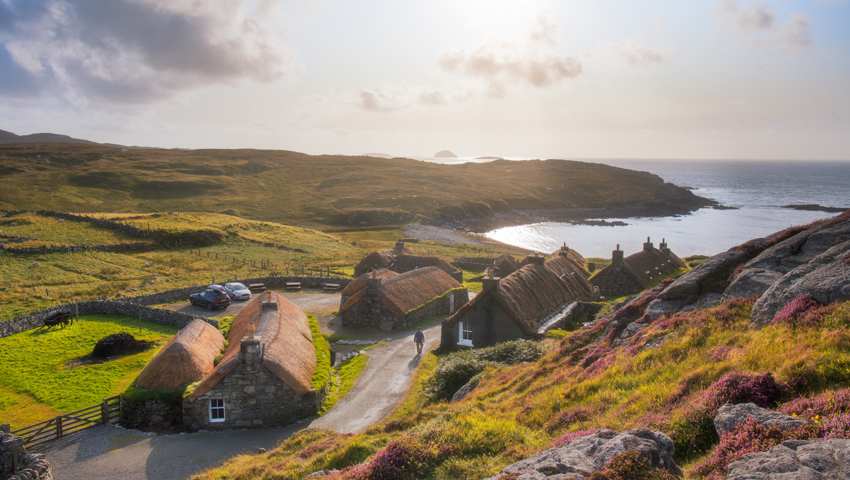MORE than 70 farmers and crofters across Scotland are working together to share nature-friendly farming approaches to restore biodiversity and address climate change while also strengthening their livelihoods.
This is part of a new farmer-led knowledge exchange programme, Agroecology: Strengthening Livelihoods. Food producers from Aberdeenshire to Galloway are meeting up in small local groups to explore sustainable farming practices. They’re learning about the value of improving soils for climate resilience, the benefits of strategically incorporating trees on farms to support profitability, operations and the ecosystem, and how crop diversity can increase biodiversity and lead to healthier human diets. Crucially, they’re exploring how nature-friendly farming and profitability can go hand in hand.
Farmer Denise Walton, farmer and facilitator for the Scottish Borders Group, said, “Challenges are best met and tackled on a level playing field. Bringing farmers together in small groups enables the complex changes and expectations facing our industry to be openly discussed and solutions shared. Farmers who have made a change to sustainable practices will be sharing tips with others on how they’ve managed their businesses, helping others reduce the risks of trying something new.”
The programme, running until March 2024, is making knowledge accessible to the growing number of farmers and crofters looking for support to try out different ways of farming. The project has two strands: peer-to-peer learning groups and a series of webinars on a variety of themes related to agroecological practices. Coming events will be posted on the Nourish Scotland website. Farmers and crofters are welcome to join one or both – to do so, they only need to contact the group facilitator.
Phil Knott, crofter and facilitator of the group in Islay, Jura & Colonsay, said, “Many crofters and farmers out there want to learn more about farming with nature – having a group to do it makes it ten times easier. They can share tips with each other, visit each other’s farms and get an idea of what the next best step is for their own situation. All farmers can join, from those who have never heard about agroecology to those who are already implementing it – it’s this diversity that allows us to learn from each other.”
“The Cabinet Secretary said clearly: we are on a journey of significant transformation. It’s important it’s a just transition – one that supports farmers and crofters along the way,” said Nikki Yoxall from Grampian Graziers and Pasture for Life.
Agroecology: Strengthening Livelihoods peer to peer learning groups
To join one of these groups, please contact the group facilitator.
- Market Gardening Group. Non-region specific, more info: [email protected]
- Agroforestry Group. Non-region specific, more info: [email protected]
- Supporting Biodiversity within Island-Based Farming & Crofting Group. Islay, Jura, Gigha and Colonsay, more info: [email protected]
- Crofting Townships Group. Caithness and Sutherland, more info: [email protected]
- Soil Health Group. South West Scotland, more info: [email protected]
- Biodiversity & Profitability Group. Scottish Borders, more info: [email protected]
- Grazing Group. Non-region specific, more info: [email protected]
- Multi-topic farm visits. Non-region specific, more info: [email protected]
